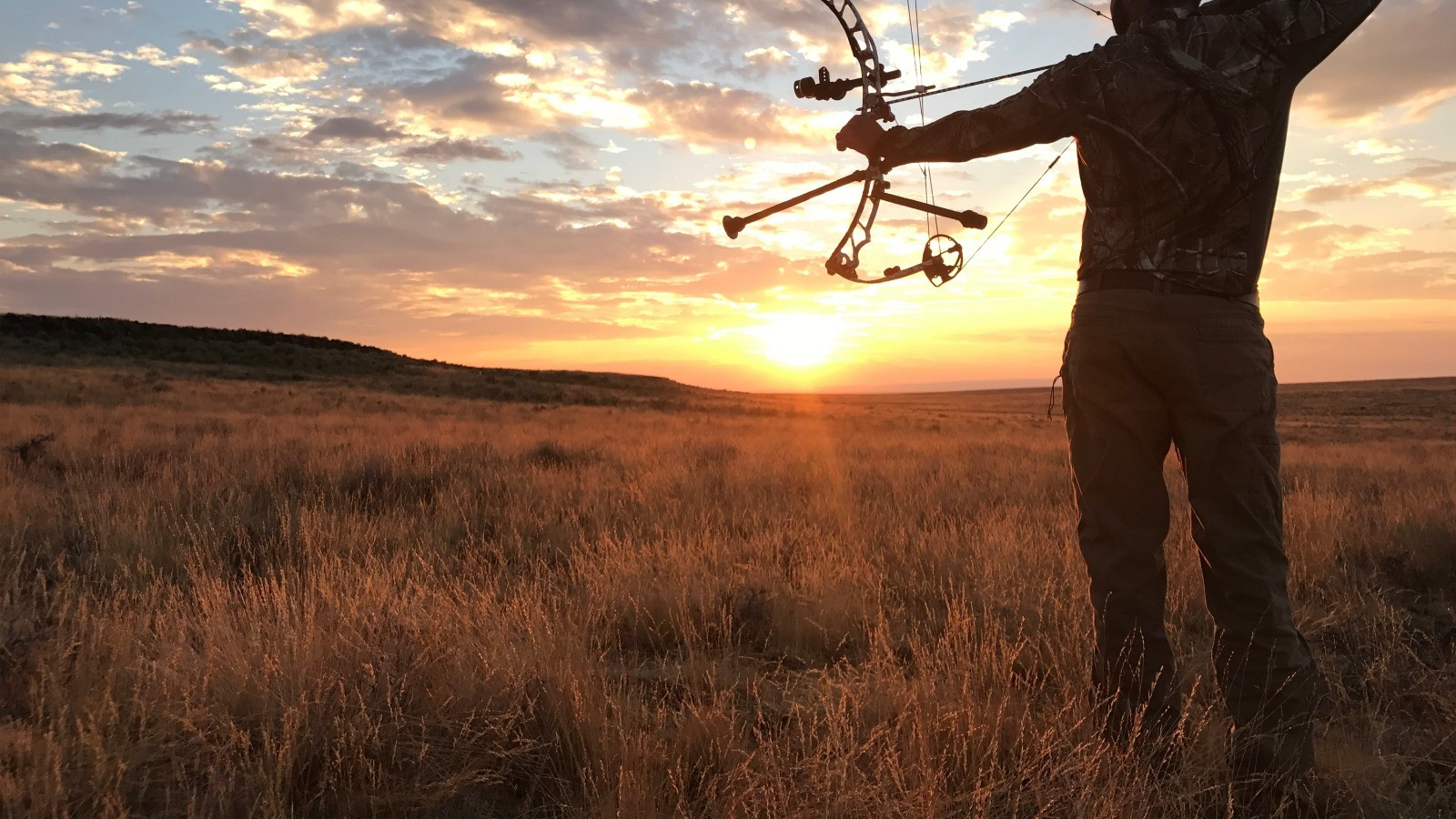
By Jenny Burkholder
My husband and I need to tell my parents about my metastatic breast cancer diagnosis without our children hearing, so we decide to walk in our neighborhood. Our path is muddy, strewn with leaves. We’re not paying attention when we cross into a chained-off area, posted with AREA CLOSED TO ALL VISITORS signs.
Just hours earlier, my oncologist, whom I have known for the last seven years, acknowledged the observations on my CT chest scan with an attending radiologist. I imagine they gazed at my interior landscape in disbelief. My bones—like an empty silence between them— pockmarked and fissured.
He called me on the phone to tell me in his mannered and factual voice that what we thought was a slow-to-heal yoga injury is metastatic breast cancer. In that moment, I imagine he removed his wireframe glasses, rubbed his face, and looked down rather than out into the gray New Year’s Eve morning. We were both wrong.
At the end of our conversation, I awkwardly thanked him for calling. I noticed how unusually warm out it was, and how my shoes were soaked from standing in muddy grass out back by the fence.
Of course, my husband and I—while fumbling to find the words to tell my mother and father about my diagnosis—miss the warning signs and keep walking. Our township has hired skilled archers to manage the overabundance of deer in our parks and open wooded areas. They say it is to keep us safe from Lyme disease, vehicular accidents, and to keep our vegetables and fruits on the vine.
In Greek, metastasis means “removal, migration, dislocation.” In medicine, metastasis means “transference of the seat.” Every organ has a sympathy organ or seat. For breasts, their sympathy seats are bones and the liver. For me, metastasis means that some of my original breast cancer cells—which were not eradicated by chemotherapy and other treatments in 2012—traveled through my bloodstream, and after seven years, have begun to grow again in their new home, my sternum and spine. For me, metastasis means a sudden and unexpected dislocation from my body, from time and space, a shocking recognition of mortality.
We meet an archer, who has just finished covering up his final kill of the season, on the closed path. He’s ebullient and wants to show us his trophy.
Either way you look at it—as a course of natural selection or a humane antidote to overpopulation— thinning the herd is a terrible phrase, a questionable idea. The “herd,” as Eula
Biss states in her book On Immunity: An Inoculation, “suggests we are cattle, waiting, perhaps, to be sent to slaughter” and that we are “foolish,” “stamped[ing] toward stupidity.” That those who are weak, sick, or a burden must somehow be eradicated so the strong can survive. Like the 20 to 30 percent of other women who have been diagnosed with early-stage breast cancer and have experienced a recurrence, I have no idea how or why I now have metastatic breast cancer.
Thinking about that deer and the forty others culled in 2019 by our township’s most experienced archers, I think of my own cells wildly overproducing. Now that I am metastatic, I am the weak and expendable. I will need medical interventions, constant care, and vigilance to stay alive. And to some, they may even think my disease is nature’s way of thinning the herd.
Fascinated by the deer’s death, I step towards the hunter’s truck. I want to see it, look it in the eye, let it know that I am not afraid. But I cannot. I am not ready to be so reckless, so daring. I stop myself before my husband stops me. I know that like the rest of the deer out in these woods, we are living on borrowed time.